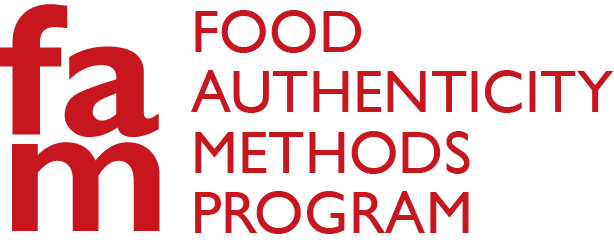
Food fraud encompasses a wide range of deliberate fraudulent acts, from adding nonauthentic substances to removing or replacing authentic substances without the purchaser’s knowledge. Most commonly, this involves selling of food which is unfit and potentially harmful, deliberate mislabeling of food, or counterfeiting.
The top three most adulterated foods in the United States are olive oil, milk, and honey.
The FAM launched with two working groups (Targeted and Non-Targeted Testing) with the following goals:
FAM currently has the following active working groups:
There are many benefits to contributing to the standards development in connection with food authenticity and fraud.
If you are a method developer, the working groups will develop the standards used by AOAC Expert Review Panels to evaluate your candidate targeted and non-targeted methods for possible adoption as AOAC Official MethodsTM.
If you are a food manufacturer or food distributor, you can participate in the development of standards and methods that best meet your analytical needs, protecting your brand’s reputation and improving the quality and safety of our food supply.
For all, this program will create reference methods that do not exist now that will result in reliable data for an effective compliance-driven quality control of food materials and products. It will support the development of standards leading to Codex Type II methods for dispute resolution in international trade.
If you are interested in this program and to partner with AOAC, please contact Alica Meiklejohn at 301-924-7077; ext. 101 or [email protected].
For general information on the AOAC FAM program, please contact Delia Boyd, Program Lead, at (301) 924-7077, ext. 126 or [email protected].